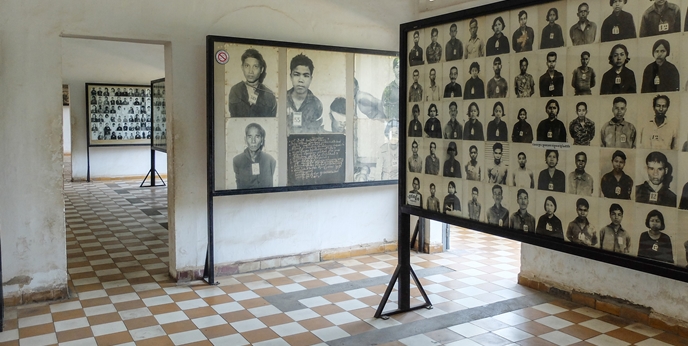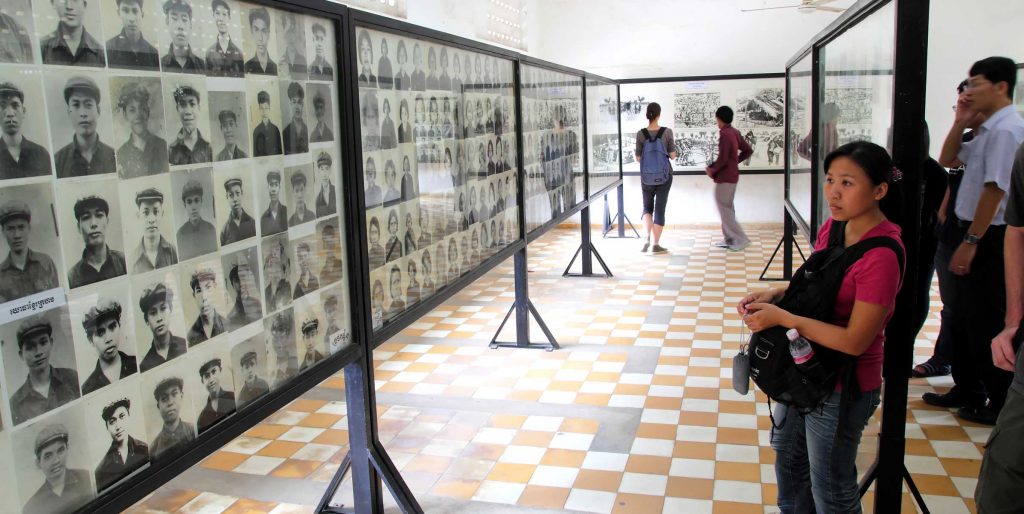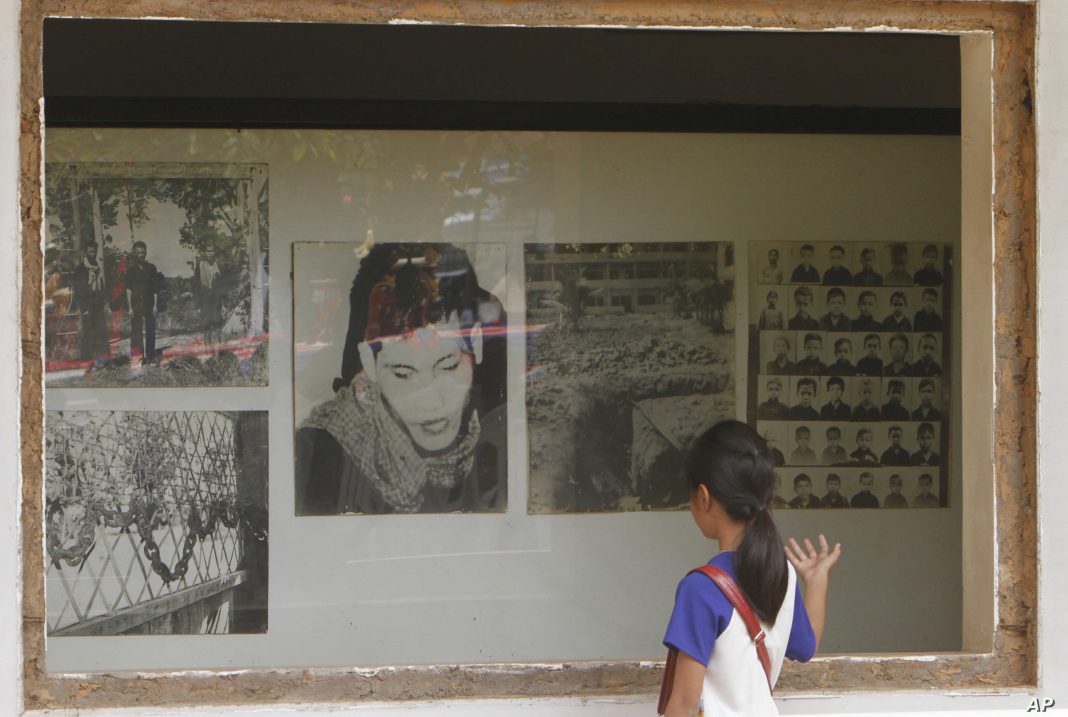The general public will be able to access the digital database and website for additional information about the victims’ family members and researchers.
The project was jointly implemented by UNESCO in collaboration with the Ministry of Culture and Fine Arts of Cambodia and with the generous financial support of the Korea International Cooperation Agency (KOICA).

The Ministry of Culture and Fine Arts is the government ministry with a mandate to promote, encourage and support the fine arts of Cambodia.
In a press statement, UNESCO said the museum has completed the digitization of more than 60,000 documents totaling almost half a million pages that include photographs, biographies of detainees, notebooks, propaganda magazines, forced confessions and other written materials.
All the information contained in the documents – amounting to over 4 million data elements – has been compiled in a digital database that officially went online on January 29.

UNESCO, the culture ministry and KOICA started the Tuol Sleng Genocide Museum Archives Preservation and Digitisation Project in 2015 and worked on the project until the end of 2020 with funding provided by a grant of 1.15 million USD.
Tuol Sleng was also known for its official prison number “S-21.” It was one of the most notorious interrogations and extermination centers run by the Khmer Rouge regime from 1975-79. Built as a school prior to the conflict, it eventually served as a prison for more than 18,000 prisoners and their families – including many Khmer Rouge members once they had fallen out of favor for one reason or another.
According to en.vietnamplus.vn












